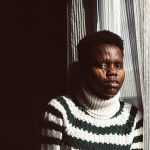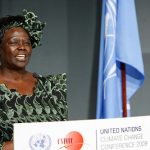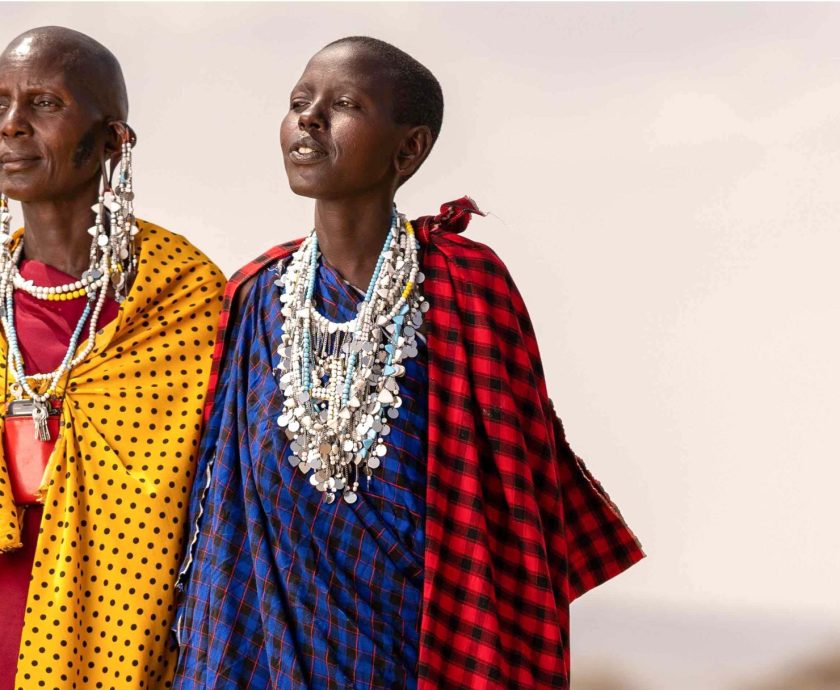Zero Discrimination Day is an annual event that takes place on March 1st to promote the importance of diversity and to address the issue of discrimination worldwide. Discrimination takes many forms and affects people from all walks of life, including race, ethnicity, gender, sexual orientation, religion, age, and disability. The day provides an opportunity to reflect on how discrimination harms individuals, communities, and society as a whole, and to take action to promote equality and inclusion.
In Africa, discrimination remains a pervasive and entrenched issue that affects many people. Despite the many efforts to promote human rights, discrimination persists in various forms across the continent. Discrimination manifests itself in many ways, including political exclusion, economic marginalization, social stigmatization, and cultural practices. Discrimination affects many vulnerable groups, including women, children, people with disabilities, ethnic and religious minorities, and members of the LGBTQI+ community.
Women and girls are among the groups most affected by discrimination in Africa. Gender discrimination takes many forms, including violence against women, unequal access to education and employment opportunities, and limited participation in decision-making processes. Women also often face discrimination in access to health care, property rights, and inheritance. Discrimination against women not only violates their human rights but also undermines social and economic development.
Discrimination against people with disabilities is another serious issue in Africa. People with disabilities face multiple barriers, including limited access to education, employment, and health care. They also often face discrimination and stigma, which limits their participation in social and political life. In many African countries, people with disabilities are often excluded from decision-making processes and are denied the opportunity to express their opinions and have their voices heard.
Ethnic and religious minorities are also often targets of discrimination in Africa. Discrimination against minorities takes many forms, including exclusion from political participation, limited access to education and employment opportunities, and social stigmatization. In some cases, discrimination against minorities has led to violence and conflict, which has caused enormous suffering and loss of life.
Members of the LGBTQI+ community also face discrimination and violence in many African countries. Same-sex relationships are often criminalized, and individuals who identify as LGBTQI+ face harassment, violence, and discrimination in access to health care, employment, and other basic services. The discrimination and stigma against LGBTQI+ individuals prevent them from fully participating in society and realizing their human rights.
Zero Discrimination Day provides an opportunity for individuals, organizations, and governments to promote equality and inclusion and to take action to eliminate discrimination in all its forms. There are many ways to promote zero discrimination, including raising awareness about the issue, advocating for policies and laws that protect the rights of vulnerable groups, and promoting dialogue and understanding across different communities.
The root causes of discrimination, such as prejudice, stereotypes, and a lack of knowledge and understanding, must be addressed to advance the goal of zero tolerance for discrimination. Additionally, it is critical to promote respect for various cultures, religions, and lifestyles as well as education and awareness about the diversity of the human experience. Governments can also combat discrimination by enacting laws and policies that advance equality as well as by upholding the law when it comes to discrimination. In conclusion, Zero Discrimination Day offers a critical chance to consider how discrimination affects people and communities in Africa and to take concrete steps to advance inclusion and equality. Numerous vulnerable groups, such as women, people with disabilities, members of racial and religious minorities, and LGBTQI+ individuals, are impacted by discrimination, which can take many different forms. The root causes of discrimination, such as prejudice, stereotypes, and a lack of knowledge and understanding, must be addressed to advance the goal of zero tolerance for discrimination.
At African Renaissance, we believe that it is critical to promote respect for various cultures, religions, and lifestyles as well as education and awareness about the diversity of the human experience. Governments can also combat discrimination by enacting laws and policies that advance equality as well as by upholding the law when it comes to discrimination. We want to remind our legislators and policy makers that Zero Discrimination Day offers a critical chance to consider how discrimination affects people and communities in Africa and to take concrete steps to advance inclusion and equality. Numerous vulnerable groups, such as women, people with disabilities, members of racial and religious minorities, and LGBTQI+ individuals, are impacted by discrimination, which can take many different forms.




